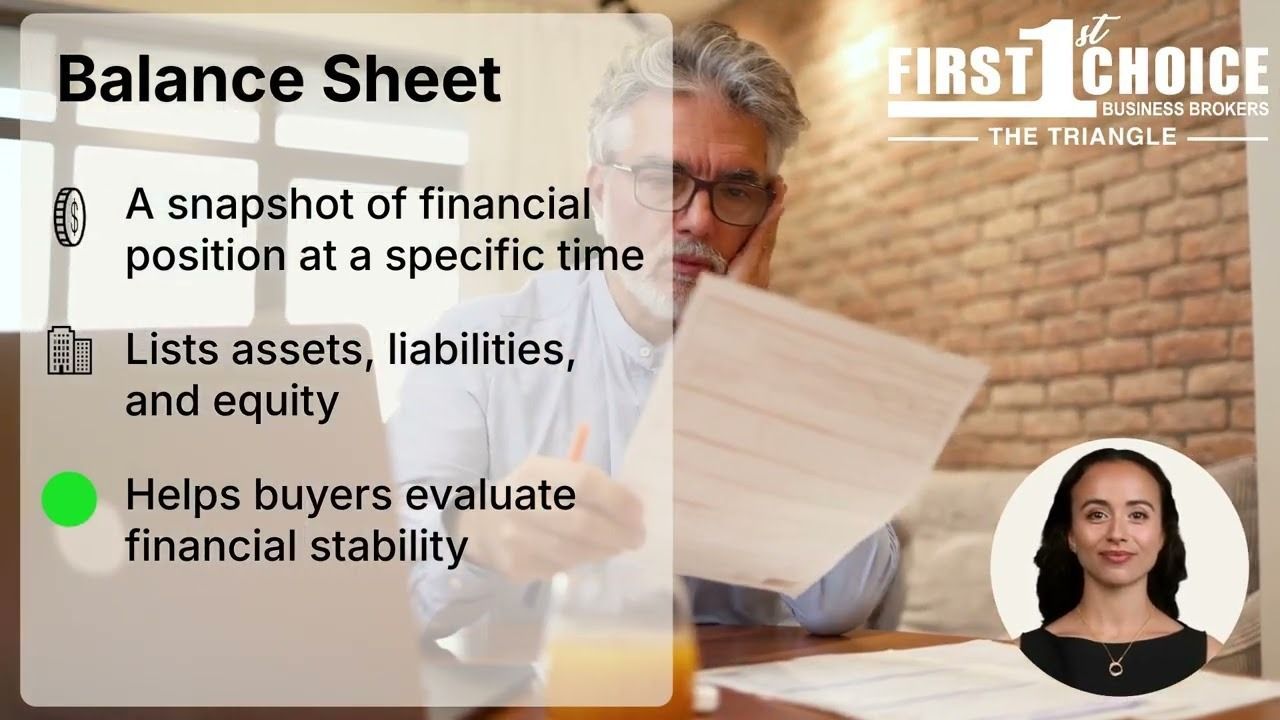Building Brand Loyalty: What It Is and Why It Matters for Your Business
In today’s competitive market, brand loyalty is more than just a buzzword—it’s a vital factor in sustainable business success. Whether you’re running a small local shop or managing a growing enterprise, developing strong connections with your customers can lead to repeated purchases, word-of-mouth referrals, and long-term growth.
But what exactly is brand loyalty, and how does it differ from customer loyalty? Let’s explore these concepts and consider practical ways businesses can cultivate deeper relationships with their audiences.
For a quick overview, watch the video to learn how brand loyalty impacts growth, customer relationships, and your competitive edge.
What Is Brand Loyalty?
Brand loyalty occurs when customers consistently choose one brand over its competitors—not just because of convenience or pricing, but because of a strong emotional bond with the brand itself. These customers return time and time again because they trust the brand, identify with its values, and are confident in the quality and consistency of its offerings.
Unlike customer loyalty, which is often driven by discounts, reward programs, or other financial incentives, brand loyalty is rooted in emotional connection and trust.
Brand Loyalty vs. Customer Loyalty: What’s the Difference?
While both types of loyalty can result in repeated purchases, their motivations differ:
- Customer Loyalty: Often tied to convenience, pricing, or rewards programs. A customer may return if offered a discount or free shipping—but they could easily switch if a competitor provides a better deal.
- Brand Loyalty: Built on deeper trust and connection. Brand-loyal customers are less likely to jump ship over pricing alone because they believe in what the brand stands for.
Businesses that focus solely on transactional incentives might miss the opportunity to build a loyal customer base that supports them for the long haul.
Why Emotional Connection Matters
Emotionally connected customers go beyond making repeat purchases—they become advocates. They feel seen, understood, and aligned with a brand’s identity. This loyalty drives:
- Increased lifetime value
- Greater tolerance for price increases
- Word-of-mouth referrals
- Stronger online reviews and testimonials
The relationship is not just about the product or service—it's about how the brand makes the customer feel.
How to Build Brand Loyalty
Cultivating brand loyalty doesn’t happen overnight. It requires intentional strategy and a focus on the entire customer experience. Here are key areas to prioritize:
1. Create a Phenomenal Customer Experience
This starts with every interaction a customer has with your brand—from the aesthetics of your storefront or website, to the responsiveness and helpfulness of your staff. Make it easy to do business with you. Every touchpoint should reflect quality and care.
2. Lead with Shared Values
Today’s consumers want to support brands that align with their personal values. Whether it’s sustainability, community involvement, diversity, or transparency, people are choosing companies that stand for more than just profit.
Being vocal and authentic about your values builds trust and fosters emotional connection.
3. Use Social Media to Strengthen Connection
Social media isn’t just for marketing—it’s a powerful tool for building community. Share behind-the-scenes content, celebrate customer wins, highlight testimonials, and provide helpful, industry-specific tips. This helps position your brand as a knowledgeable, trustworthy presence and keeps your audience engaged.
The Business Case for Brand Loyalty
Investing in brand loyalty is not just a feel-good strategy—it directly impacts your bottom line. Loyal customers are more likely to:
- Recommend your business to others
- Pay premium prices
- Forgive mistakes
- Stick with your brand through market changes
For small businesses especially, nurturing emotional loyalty can create a strong foundation for sustainable growth and competitive advantage.
Final Thoughts
Brand loyalty is a powerful driver of long-term success. It’s about more than just selling a product—it’s about building relationships, staying true to your values, and creating positive experiences at every stage of the customer journey. In doing so, you’ll not only attract repeat business, but also develop a community of advocates who believe in your brand and want to see it thrive.
Disclaimer: This blog is for informational purposes only. First Choice Business Brokers of the Triangle does not guarantee specific outcomes. Always consult legal, financial, and tax professionals when preparing your business for sale.





